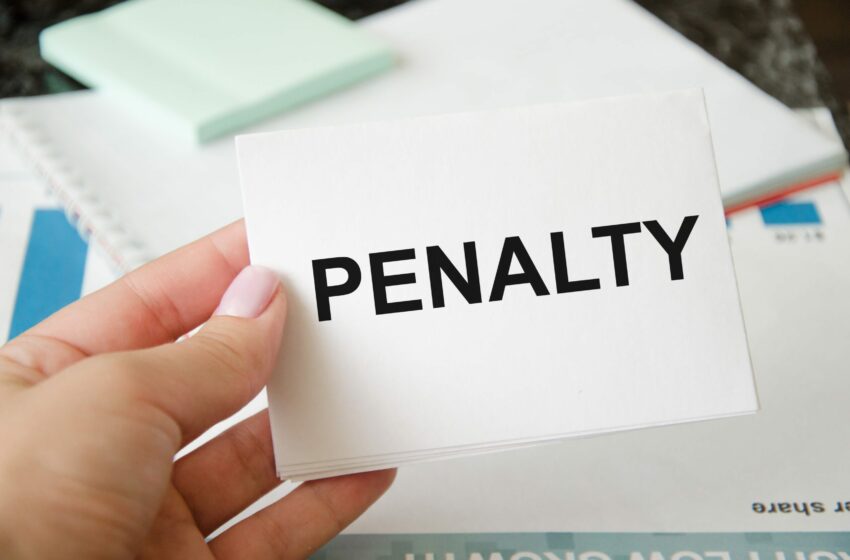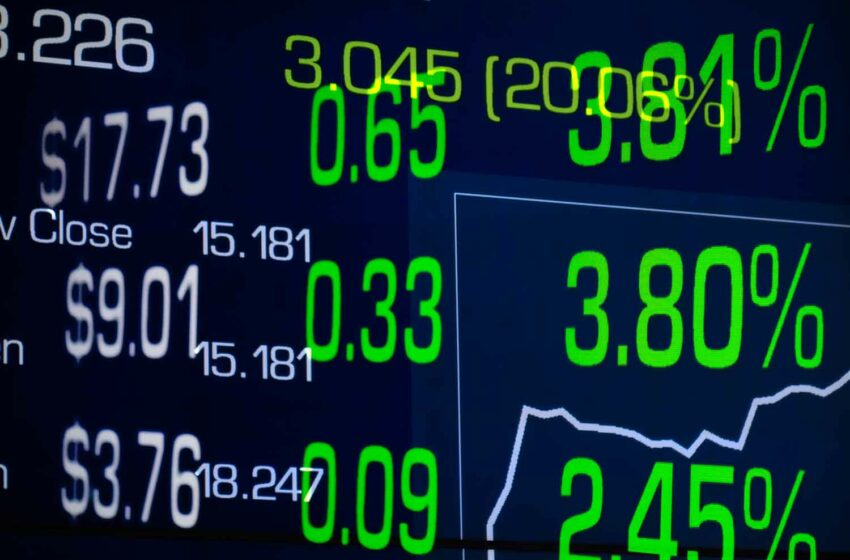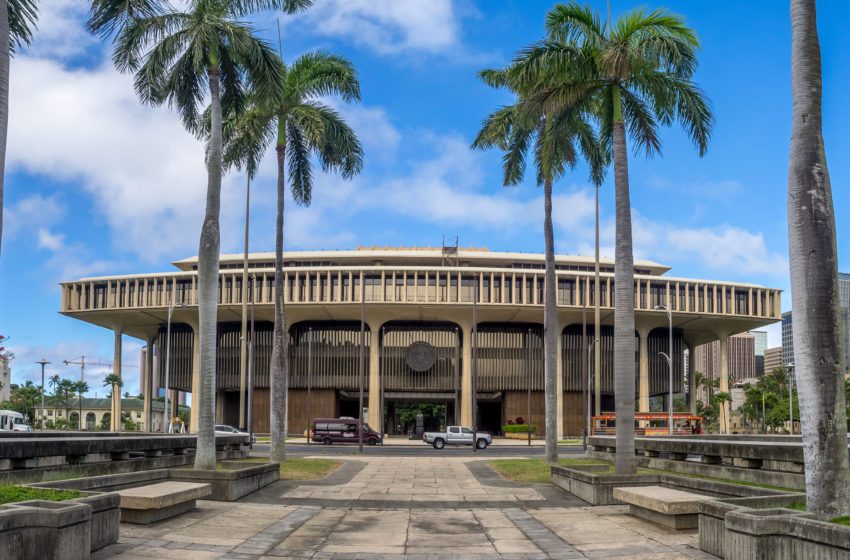
The tobacco industry is exploiting the Covid-19 pandemic to hook new users and push new products, according to the Global Tobacco Industry Interference Index (GTIII) 2020.
By providing resources to countries in need of them, the industry is disingenuously framing itself as part of the solution, the GTIII’s authors write. Philip Morris International alone donated more than $32 million across 62 markets in the first few months of the pandemic. The authors say this is a classic tactic of the tobacco industry to get close to governments and enable it to interfere with, derail and undermine health policies aimed at tobacco use.
The report also found that the tobacco industry stepped up corporate social responsibility activities during the Covid-19 pandemic, intensified lobbying and lobbied for the acceptance and promotion of alternative tobacco products.
In addition, many countries continued to give incentives, such as tax caps, to the tobacco industry and failed to address conflict-of-interest situations. Lack of transparency remained a problem, and many countries persisted in viewing the tobacco industry as economically crucial, according to the report.
The authors of the GTIII recommends that governments limit their interactions with the tobacco industry to only when strictly necessary, reject nonbinding agreements with the tobacco industry and denormalize social responsibility activities of the tobacco industry, among other measures.
The GTIII is a global survey on how governments are protecting their public health policies from commercial and vested interests as required under the World Health Organization Framework Convention on Tobacco Control.
The report was initiated as a regional index by the Southeast Asia Tobacco Control Alliance in 2014. The GTIII 2020 was produced by the Global Center for Good Governance in Tobacco Control, with support from Bloomberg Philanthropies, the Thai Health Promotion Foundation and the Bill and Melinda Gates Foundation.











